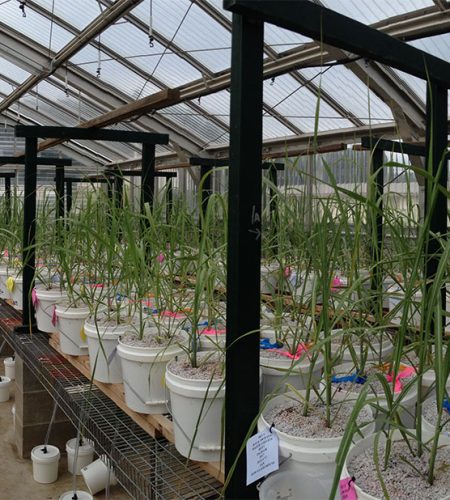Dr Yanju Liu
Project Leader
University of Newcastle
Pests and insects are causing significant damage in agriculture all over the world, requiring significant application of pesticide and insecticide. For example, the cane beetle damages the productivity of sugarcane by feeding on roots and stems, causing losses in hundreds of millions of dollars annually. The traditional application of insecticides has resulted in a large residue of pesticides in soils and surrounding environments, damaging soil enzyme activity and impacting nutrient availability. Key enzyme activities could be improved by controlling pesticide residue to a minimum level.
Nano-porous materials have the potential to encapsulate pesticides and improve their efficiency by controlled release of the active ingredient, thus minimising pesticide residues and damage of soil functionality. This project aims to examine nano-porous materials (either natural or carbon-based materials) as potential carriers to improve pesticide delivery. This will be done through glasshouse evaluation using imidacloprid and cane beetle control as examples.
This is critical for the effective control of cane grubs as well as improved soil performance. Upon development of materials, extended application to other pesticide active ingredients can be evaluated for wider benefits to other agricultural practices.
This project will engage sugarcane famer groups from HCPSL and Burdekin Productivity Services to develop a controlled release insecticide system through collaborative research activities in organisations including University of Newcastle, Griffith University and University of Southern Queensland.
This project will develop a pesticide product that can efficiently control cane beetles using cost-effective, low residue, controlled release of a pesticide delivery system. Following glasshouse evaluation, the product will be demonstrated to farmers groups for future field trails, and manufacturing companies.
Farmers can potentially save resources and gain productivity, reducing economic losses due to cane beetles. Soil functions, such as enzyme activity and nutrient bioavailability, can be improved through limiting the residue of pesticides in soils.

